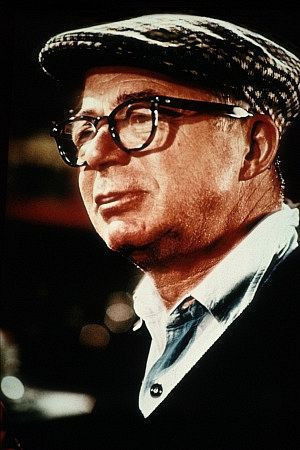Football World Cup Champion: A Comprehensive Guide
Are you a football enthusiast? Do you dream of watching your favorite team lift the prestigious FIFA World Cup trophy? If so, you've come to the right place. This article will delve into the fascinating world of the Football World Cup champion, exploring its history, the most successful teams, the iconic moments, and the future of this global football spectacle.
History of the Football World Cup

The FIFA World Cup, officially known as the FIFA World Cup, is an international football tournament that takes place every four years. It was first held in 1930 in Uruguay, with the host nation emerging as the inaugural champion. Since then, the tournament has grown in popularity and has become the most-watched sporting event in the world.
The tournament was initially organized by the Fédération Internationale de Football Association (FIFA), the international governing body of football. The first edition featured 13 teams, and the competition was held in Montevideo, Uruguay. The tournament has since expanded to include 32 teams, with the number of participating teams increasing over the years.
Most Successful Teams

Several teams have dominated the FIFA World Cup, with Brazil, Germany, and Italy leading the pack in terms of titles. Here's a closer look at the most successful teams in the history of the tournament:
| Team | Number of Titles |
|---|---|
| Brazil | 5 |
| Germany | 4 |
| Italy | 4 |
| Argentina | 2 |
| France | 2 |
| England | 1 |
| Spain | 1 |
Brazil holds the record for the most titles, having won the tournament five times. The South American nation has been a dominant force in the tournament, with iconic players like Pelé, Ronaldo, and Neymar leading their teams to glory.
Iconic Moments

The FIFA World Cup has produced countless iconic moments that have etched themselves into the annals of football history. Here are a few of the most memorable:
The 1950 Maracanã Stadium final, where Brazil defeated Uruguay 2-1 in front of a record crowd of 199,854 spectators.
Geoff Hurst's hat-trick in the 1966 World Cup final, which helped England secure their only title.
Diego Maradona's "Hand of God" goal against England in the 1986 World Cup quarter-finals.
France's 1998 World Cup triumph, which marked their first-ever title.
Germany's 2014 World Cup win, which saw them lift the trophy for the fourth time.
The Future of the Football World Cup
The FIFA World Cup continues to evolve, with new innovations and challenges shaping the future of the tournament. Here are a few key aspects to consider:
Expansion: The tournament is set to expand to 48 teams from 2026, which will increase the competition and provide more opportunities for teams to qualify.
Technology: The use of technology, such as VAR (Video Assistant Referee) and goal-line technology, has become more prevalent, aiming to improve the accuracy of officiating decisions.
Environmental Impact: FIFA is committed to reducing the environmental impact of the tournament, with initiatives such as sustainable stadium construction and waste management.
The FIFA World Cup remains a symbol of unity, passion, and excellence in football. As the tournament continues to grow and evolve, it will undoubtedly continue to captivate fans around the world.
So, are you ready to cheer for your favorite team in the next FIFA World Cup? Get ready to witness history in










